Like most Americans and many of you in other countries, I have been trying to put together my own understanding and response to the rise of a vicious demagogue to be the putative Republican nominee to the US Presidency. While there are people much more informed about our political life who can trace the fracturing of the Republican party to its so-called “Southern strategy” and its inability to address the aching injustices of poverty and disintegrating local communities, my own thoughts have turned to some key themes that have been with me since I wrote God’s Federal Republic some thirty years ago.
In that book I traced the way our deep desire for personal confirmation finds expression in a desire for fuller public life as well as in demonic forms of narcissism and fraudulent celebrity. There are two deep religious strands in us: a yearning for “publicity” and for covenantal relationship. The first is the ground for our desire to found and preserve republics which can maximize our public life; the second builds a commitment to forms of federalism (derived from covenant) that knit these republics together in more expansive care for the common earth we inhabit.
This drive for publicity has now secured a technology that threatens the very covenants that hold us together as a people. You’re carrying it in your pocket or purse right now. That is, every individual is able and encouraged to become a kind of celebrity universe who Tweets, “likes,” and Instagrams his or her way to ever more expansive forms of celebrity fame. Donald Trump, along with ISIS and other terrorists, is its most virulent expression.
But not everyone can become a narcissistic universe, and so most of us live through virtual surrogates whom we follow in the digital universe. But in following these surrogates we expose ourselves to their power to shame as well as save us. (David Brooks has just written insightfully about this in “The Shame Culture,” New York Times, March 15, 2016.) Trumpism is only its most obvious expression. In building up a following of “the saved” they cast others into a fearful world of “others.” Their salvation becomes a cataclysm of vengeance and banishment. Narcissistic leaders seek to build a universe of Black Holes sucking everything else into them.
The decision to follow others to our own heart’s goal is found in every religious tradition, whether the figure we follow is Jesus, Mary, Muhammed, Moses, or even Buddha. And these religious tendencies can be hijacked at any time by the authoritarians and demagogues among us. Of course, every profound religious tradition also has traditions that lead us deep into our own hearts and souls to find the Holy One within, directly communing with our whole self. That, we know, is very hard to do. It takes disciplines of meditation, prayer, study, and service outside ourselves.
And yet it is precisely this claiming of a self grounded in confirmation before the One who presides in a greater Republic and a fuller Covenant that enables us to begin to think, feel, hope, and love in a wider and deeper way. In one sense, our problem is not so much the technology of digital communication as it is the destruction of smaller communities of truth-testing, cooperation, and face-to-face conflict resolution where we can participate in common work to change our lives and our world. In spite of the ravages of globalized capital, massive militaries, and sclerotic national politics, local communities can still be the places genuine public life and sustaining covenants can emerge. (I was especially encouraged recently by the “American Futures” work of James and Deborah Fallows, who published their findings in the March 2016 Atlantic as “How America Is Putting Itself Back Together.”)
I hope that our more engaged and informed citizens can resist the demagogue flailing in our midst, even though much damage has already been done. And I hope that out of this we can begin to deal more thoughtfully and energetically with the financial, political, and economic forces that have kept generations of my fellow citizens from participating fully in the publics and the economies in which they live. It begins in local communities—religious, civic, mutual aid, and voluntary associations—where we once again ignite a flame of citizenship through which to address our need to care for the earth and other creatures on whom we depend for life.

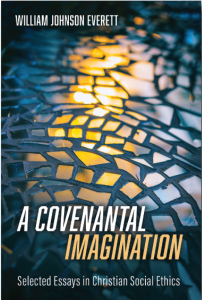
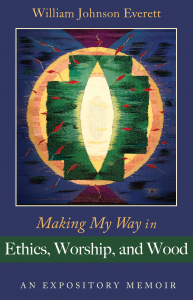

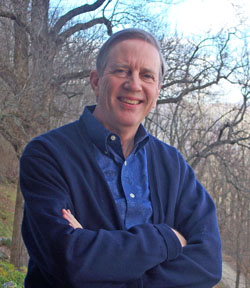
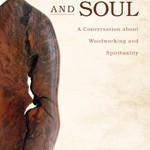
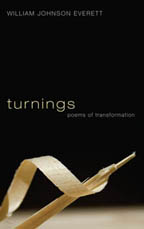
 Red Clay, Blood River
Red Clay, Blood River
Bill, I fear the desperate followers to Trump’s despotism are attempting to find hope somewhere (anywhere) because their trust in institutions (priestly, congressional, governmental –from Flint to Homeland Security, economic, ) has been so eroded. Subtlety losing so many values we (all?) have taken for granted, we live in a public emotional vacuum you describe so well. I agree, it is in our local communities where any kind of public faith can be resurrected. For it is there, in the face to face relationships you have previously acclaimed, that the process of trust and conversation (yes disagreements) can pave the way for a reclaimed hope that will not be hijacked.